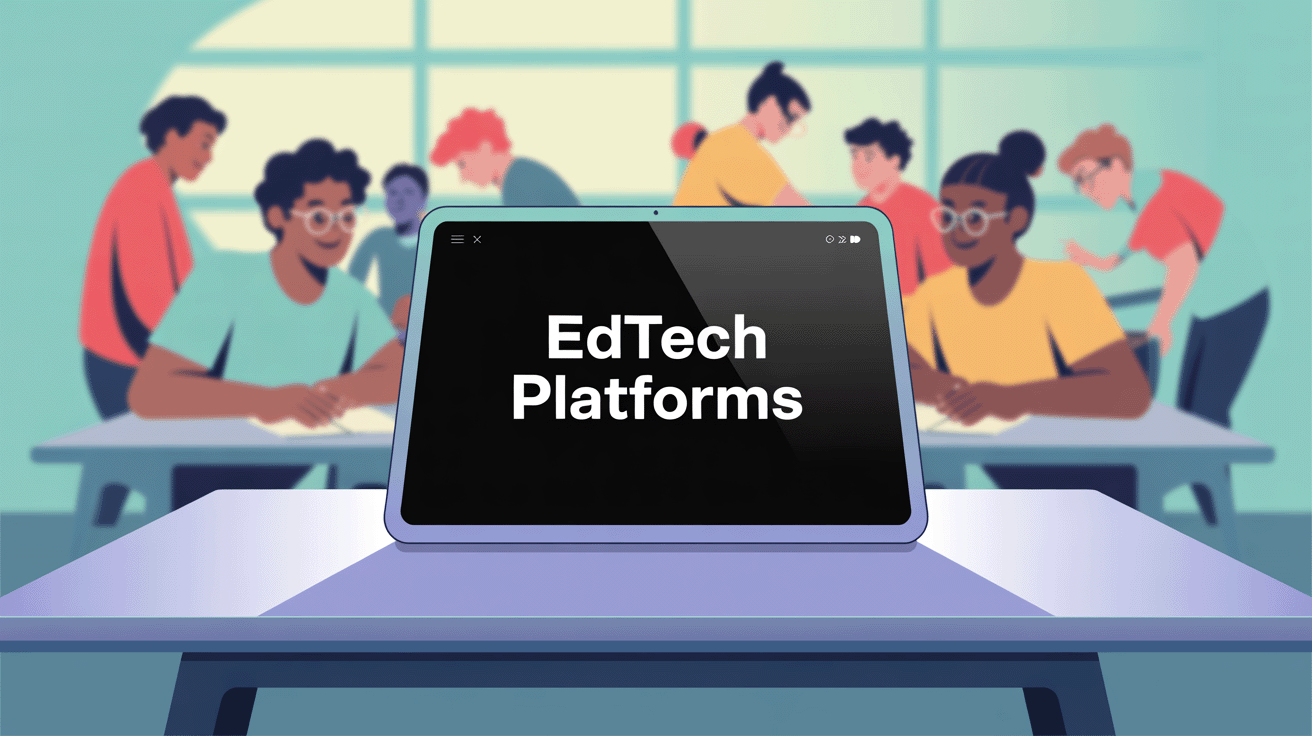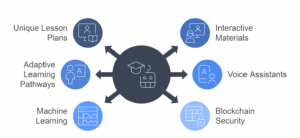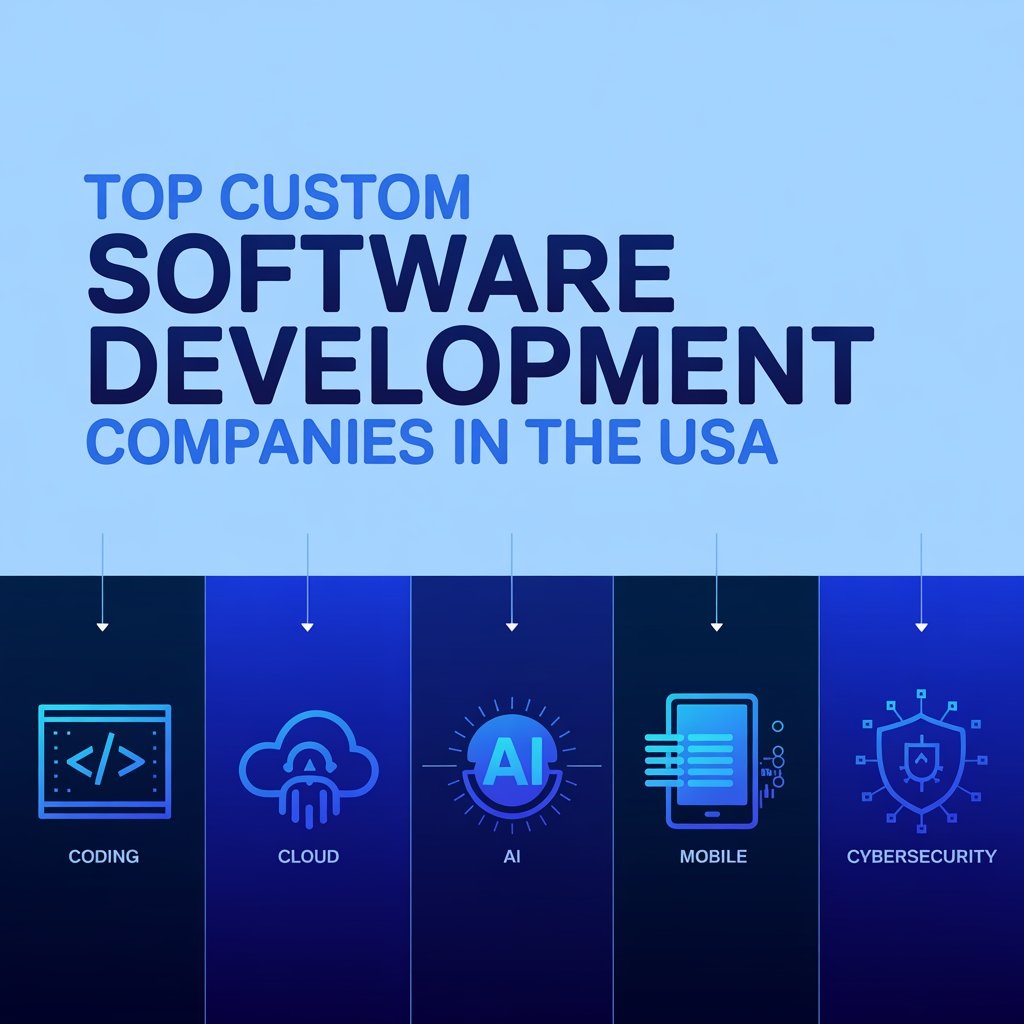Technology’s quick development is causing a significant shift in the education sector, changing how teachers present lessons, how students interact with content, and how institutions run their day-to-day operations. This evolution involves creating whole ecosystems that support individualised, inclusive, and lifelong learning, not just digitising textbooks or providing online courses.
Education tech startups are leading this shift by implementing creative solutions that tackle a variety of issues, from enhancing access to high-quality education in underprivileged areas to expediting administrative processes in colleges and universities. These startups are creating tools that improve learning’s flexibility, interactivity, and alignment with practical skills. The future of learning is being reshaped by edtech innovators, whether it is through gamified learning applications, AI-powered tutoring systems, virtual reality simulations for immersive learning, or platforms for teacher professional development.
Understanding the EdTech Landscape
Understanding the current edtech landscape is crucial before delving into particular edtech startup ideas. Due to the growing need for digital learning solutions, the global edtech market is expected to reach $404 billion in 2025. The widespread use of mobile devices, the demand for individualised instruction, and the trend towards lifelong learning are some of the factors driving this expansion.
To understand how emerging technologies like VR are changing education, check out our article on the usage of virtual reality in education.
Promising EdTech Startup Ideas

1. Personalized Learning Platforms
Create AI-powered learning platforms that adapt instructional materials to students’ varying learning preferences and speeds. These platforms can modify lessons in real-time to improve engagement and retention by evaluating student performance and preferences.
2. Virtual Reality (VR) in Education
Provide students with immersive virtual reality experiences that let them investigate difficult ideas in disciplines like geography, science, and history. Read our post on VR applications for education to find out more.
3. AI-Powered Tutoring Systems
Create AI-powered tutoring programs that give students immediate feedback and support. These tools can pinpoint a student’s areas of difficulty and provide focused assistance, enhancing conventional teaching techniques.
4. Language Learning Applications
Create applications that use AI, speech recognition, and gamification to deliver individualised language training. These apps can accommodate different learning objectives and skill levels.
5. Online Skill Development Courses
Provide online courses that concentrate on particular abilities, such as design or coding. These can be customised for various age groups and occupations.
See our e-learning app case study for ideas.
6. Collaborative Learning Platforms
Create platforms that support peer reviews, group projects, and discussions. These platforms can improve students’ communication and critical thinking abilities, preparing them for real-world teamwork.
7. Educational Content Marketplaces
Establish marketplaces where teachers can exchange and profit from instructional resources. This encourages the sharing of excellent resources in addition to giving teachers sources of income.
8. Special Education Tools
Create resources with features like text-to-speech and customisable interfaces that are especially suited for students with special needs.
9. Parental Engagement Apps
Create applications that notify parents about their kids’ activities, attendance, and academic progress. Improved student outcomes may result from increased parental involvement.
10. Career Guidance Platforms
Provide resources to assist students in understanding market trends, exploring career options, and acquiring necessary skills. These platforms may provide planning tools, mentorship, and assessments.
Why EdTech Startups Fail
Although there are a lot of opportunities in the edtech sector, there are also many obstacles that could make or break a startup. Even though the industry is expanding quickly and investors are becoming more interested, many education technology startups fail to make it in the long run. A company’s trajectory can be greatly impacted by elements like poor execution, lack of scalability, and product-market misalignment.
Aspiring business owners can steer clear of typical pitfalls by knowing why edtech startups fail. Find out more about the typical causes of edtech startup failure, such as:
- Lack of Market Research
- Poor User Experience
- Inadequate Funding
- Resistance to Change
- Regulatory Hurdles
How to Start an Education Tech Startup
Starting an edtech business requires many calculated actions that go well beyond simply having a brilliant idea. Developing a successful education technology startup requires balancing innovation with scalable technology, regulatory compliance, and practical educational needs. Every stage, from conception to launch, is vital to the success of your product.
Learn more about launching an edtech company, including:
- Identify a Problem
- Conduct Market Research
- Develop a Minimum Viable Product (MVP)
- Build a Skilled Team
- Secure Funding
- Pilot and Iterate
- Scale Strategically
Though it requires careful planning, industry knowledge, and the proper technical support, launching an edtech startup is an exciting and fulfilling journey. We are available to assist you at every stage of development if you require assistance turning your concept into a profitable product.
Leveraging Emerging Technologies
Keep abreast of generative AI developments in education to develop cutting-edge edtech solutions that are not only creative but also engaging and future-proof. Generative AI presents previously unheard-of possibilities as education continues to move towards individualised, data-driven learning experiences. These opportunities range from developing unique lesson plans and interactive materials to enabling adaptive learning pathways that are based on student performance in real time.

However, AI is only a single component. Think about how your edtech product can be improved by incorporating additional cutting-edge technologies like blockchain, natural language processing, voice user interfaces, and machine learning. For example, voice assistants can increase the accessibility and inclusivity of digital classrooms, and machine learning algorithms can predict learning outcomes by analysing behavioural data. Blockchain has the potential to increase the security and transparency of student records and credentials.
You can position your edtech startup to lead, not follow, industry innovation by staying ahead of these technological trends and carefully incorporating them into your solution. See our article on Generative AI in Education for additional information on this subject.
Conclusion
For entrepreneurs who are enthusiastic about changing the way education is provided and experienced, the edtech sector is teeming with opportunities. The need for intelligent, user-centred educational tools is greater than ever due to global trends towards skill-based training, remote learning, and digital transformation in colleges and universities. You’ll be in a good position to create a successful edtech company if you can pinpoint actual problems, like ineffective administrative procedures, lack of access, or engagement gaps, and provide tech-enabled solutions.
Today’s edtech innovators can personalise learning experiences, create immersive environments, and automate tasks that previously consumed educators’ time by utilising cutting-edge technologies like blockchain, virtual reality, artificial intelligence, and machine learning. Whether you’re developing a virtual reality language learning app, an AI-powered tutoring assistant, or a platform that streamlines institution accreditation, there is a huge chance to make a lasting impact on society.
In order to address the changing needs of educators and students worldwide, LITSLINK has assisted startups and education organisations in the design, development, and scaling of edtech products. We contribute extensive technical expertise and industry insight to every project, from MVP development to fully functional platforms.
Luckily, we have great experience in Custom Software Development. We can do that for you, too. Just contact us, and let’s get started!





